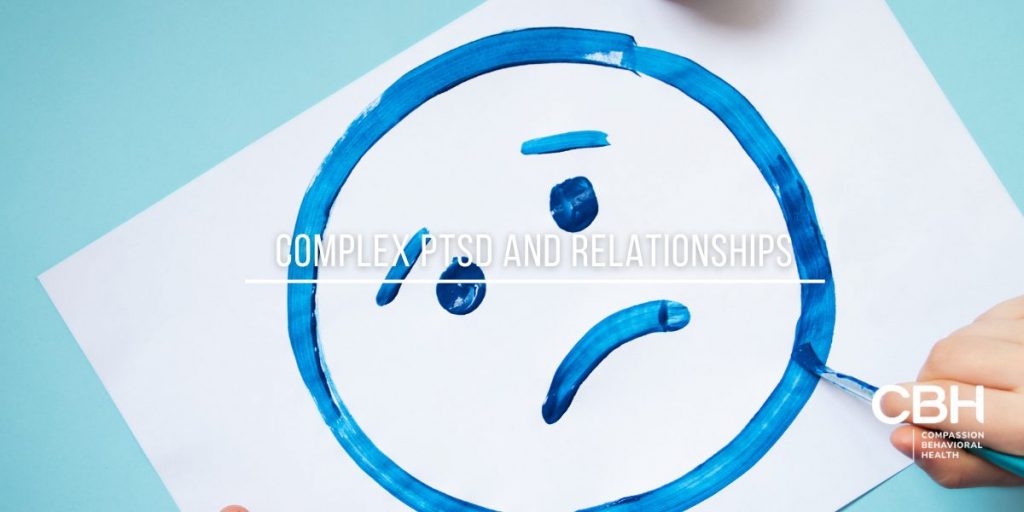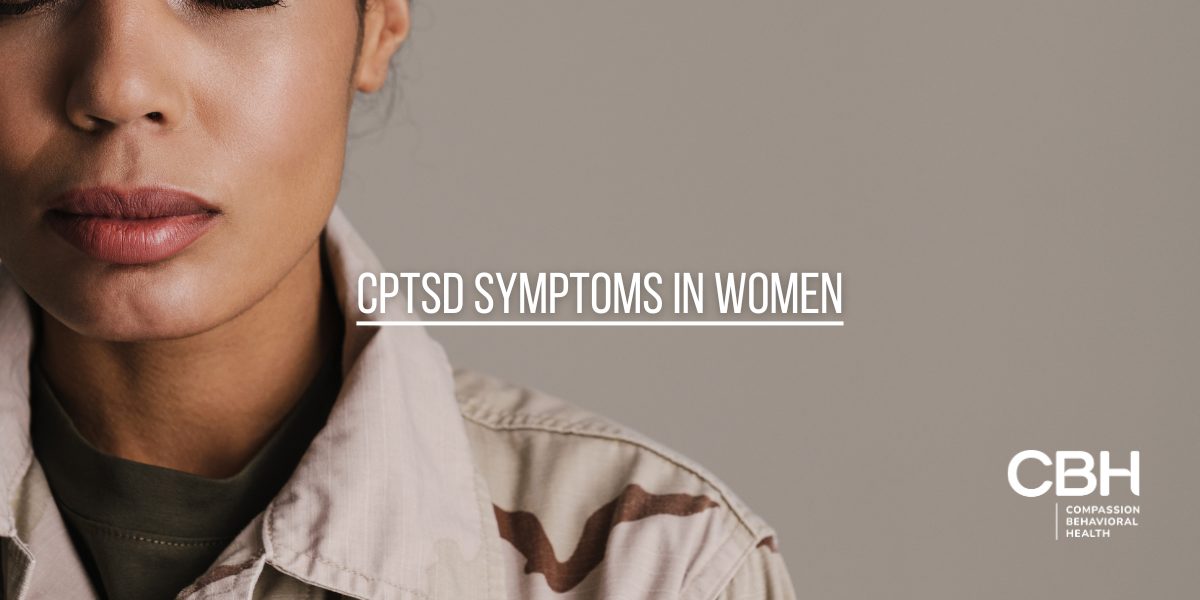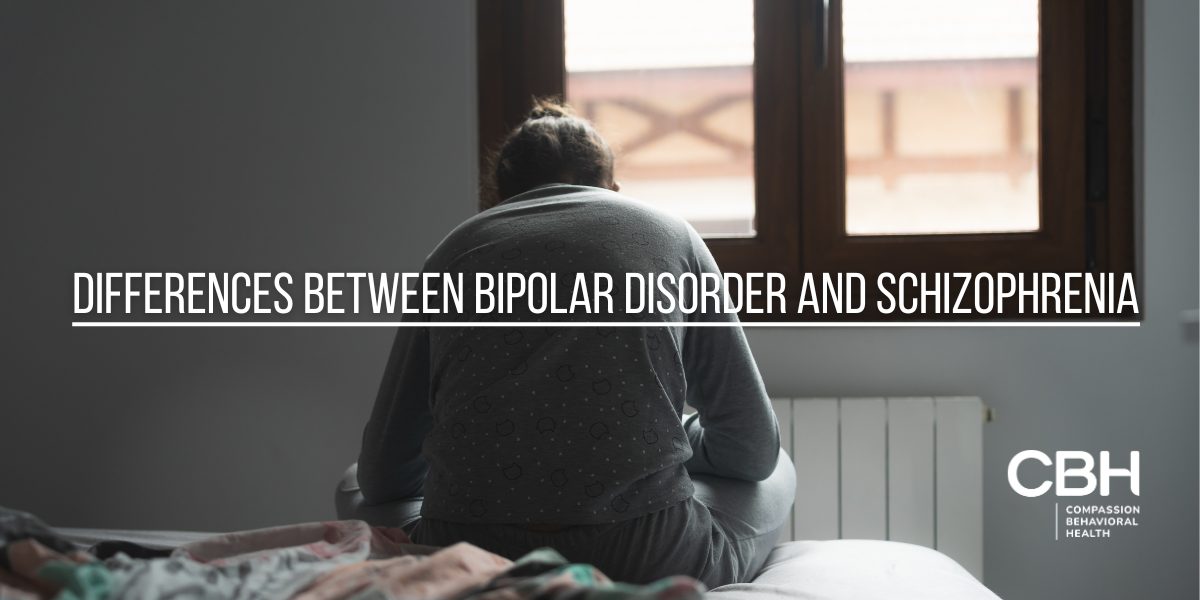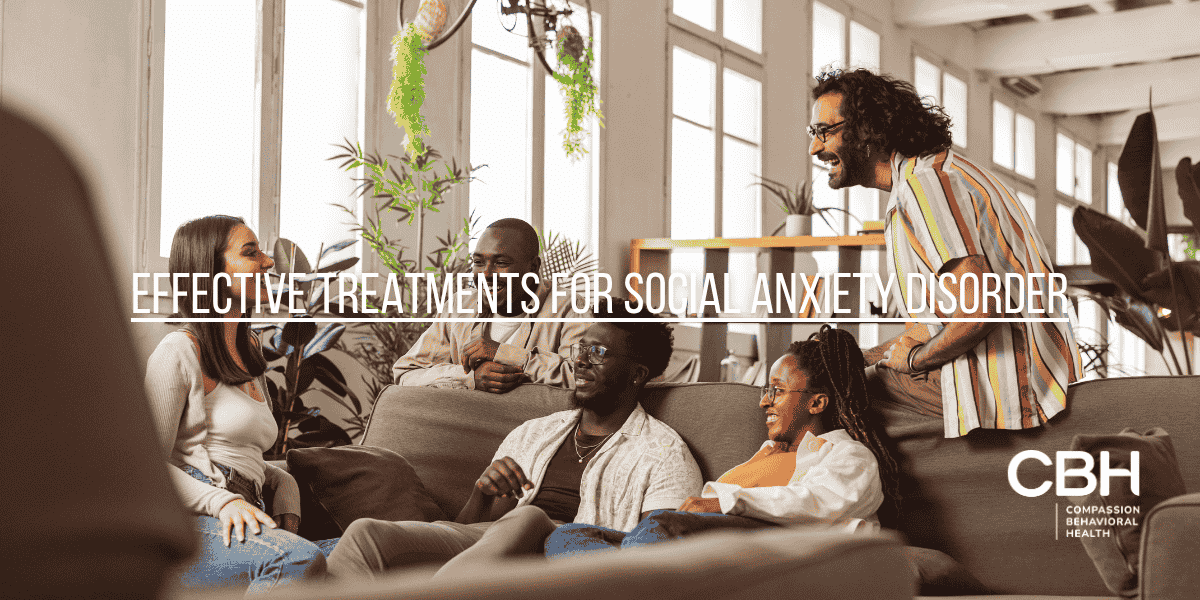Complex Post-Traumatic Stress Disorder (PTSD) can have a profound impact on individuals and their relationships. It is important to understand the specific triggers associated with complex PTSD to create a supportive and nurturing environment for those affected. By exploring the definition of complex PTSD, its symptoms, and the challenges it poses in relationships, we can gain insight into effective strategies for managing triggers and providing support. According to recent studies, complex PTSD affects an estimated 0.6% to 4% of the general population in the U.S.
Defining Complex PTSD
Complex PTSD is a psychological condition that develops in response to repeated or prolonged trauma, such as physical or emotional abuse, neglect, or captivity. It is often experienced by individuals who have undergone traumatic experiences over an extended period, such as those who have been in an abusive relationship or have experienced childhood or workplace trauma. Unlike the more widely known PTSD, which is triggered by a singular traumatic event, complex PTSD is characterized by a range of symptoms that extend beyond the traditional diagnostic criteria.

The Difference Between PTSD and Complex PTSD
While both PTSD and complex PTSD are related to trauma, there are notable differences between the two. PTSD commonly stems from a single traumatic event, whereas complex PTSD arises from ongoing and repeated trauma. Additionally, complex PTSD is associated with a broader range of symptoms that can significantly impact daily functioning. These symptoms may include difficulties with emotional regulation, self-perception, interpersonal relationships, and a sense of derealization or detachment from oneself and the world.
Symptoms of Complex PTSD
The symptoms of complex PTSD can vary significantly among individuals. Some common symptoms include intense emotional reactions, such as fear, anger, or sadness, as well as re-experiencing traumatic memories through flashbacks or nightmares. Individuals with complex PTSD may also exhibit difficulties with trust, forming and maintaining healthy relationships, and experiencing a stable sense of self. Hypervigilance, chronic feelings of guilt or shame, and dissociative episodes are also common features of complex PTSD.

Understanding Triggers in Complex PTSD
Triggers are stimuli or situations that remind individuals of the traumatic experiences they endured. For those with complex PTSD, triggers can vary greatly and are often the result of trauma-related reminders. It is crucial to identify and understand these triggers to avoid unnecessary distress and create a safe space within relationships.
Common Triggers for Individuals with Complex PTSD
Common triggers for individuals with complex PTSD can include specific sights, sounds, smells, or even certain words or phrases that evoke memories of traumatic events. For example, a person who experienced domestic violence may be triggered by loud or aggressive arguments. Similarly, someone who endured childhood abuse may be triggered by a particular scent or tone of voice.

How Triggers Manifest in Daily Life
Triggers can manifest in various ways in daily life, sometimes leading to intense emotional reactions or behavioral responses. These reactions may range from anxiety, panic attacks, or feelings of sadness to aggression or withdrawal. Understanding how triggers manifest in their partner can help individuals in relationships respond with empathy and support, fostering a sense of safety and understanding.
The Impact of Complex PTSD on Relationships
Complex PTSD can significantly impact relationships, often leading to unique challenges in various settings. Whether it is intimate relationships or family dynamics, understanding and addressing the impact of complex PTSD is crucial for creating healthy and supportive connections.
Challenges in Intimate Relationships
Intimate relationships can be particularly challenging for individuals with complex PTSD. The fear of vulnerability and the struggle to trust others can make it difficult to form intimate connections. Additionally, the emotional dysregulation often associated with complex PTSD can strain communication and exacerbate conflicts. Partners may also struggle to understand the unique needs and triggers of their loved one, leading to unintentional misunderstandings and disruptions within the relationship.

Complex PTSD and Family Dynamics
Complex PTSD can also have a profound impact on family dynamics. For example, individuals with complex PTSD may struggle with parenting difficulties due to their own trauma history, leading to feelings of guilt and inadequacy. Family members may also find it challenging to navigate the emotional ups and downs associated with complex PTSD, leading to strained relationships and an overall sense of instability within the family unit.
Strategies for Managing Triggers in Relationships
Managing triggers is essential for individuals with complex PTSD to maintain stability and feel safe within their relationships. By implementing effective communication techniques and exploring available therapy and treatment options, both individuals and their partners can create a supportive environment that fosters healing and growth.
Communication Techniques for Discussing Triggers
Open and empathetic communication is vital when discussing triggers in a relationship impacted by complex PTSD. Active listening, validation of emotions, and a willingness to learn about each other’s triggers can help foster understanding and empathy. Establishing boundaries and creating safe spaces to openly express feelings can also contribute to effective communication and the avoidance of trigger-related conflicts.
Therapy and Treatment Options for Complex PTSD
Therapy and treatment options can be highly beneficial for individuals with complex PTSD and their partners. Therapy and treatment options, such as trauma-focused therapy, can help individuals process traumatic experiences and develop healthier coping mechanisms. Couples or family therapy can also provide a supportive environment for addressing relationship challenges and promoting healing. It is essential to explore available resources with a qualified mental health professional to find the most suitable treatment approach.
Supporting a Partner with Complex PTSD
Supporting a partner with complex PTSD requires patience, understanding, and knowledge about their individual needs. By recognizing the signs of a PTSD episode and offering emotional support, partners can play a crucial role in promoting their loved one’s overall well-being and recovery

How to Recognize a PTSD Episode
Knowing the signs of a PTSD episode can help partners respond appropriately and offer support when needed. These signs may include emotional withdrawal, sudden anger, increased irritability, or physical manifestations such as rapid breathing or shaking. Gently, yet assertively, reminding the individual of grounding techniques and reassuring them of their safety can help mitigate the intensity of the episode.
Ways to Provide Emotional Support
Providing emotional support can be instrumental in helping individuals with complex PTSD navigate their triggers and associated challenges. Listening without judgment, expressing empathy and understanding, and offering reassurance can create a sense of safety and trust within the relationship. Additionally, encouraging self-care practices and engaging in activities that promote relaxation and connection can contribute to the overall well-being of both partners.

In conclusion, understanding complex PTSD triggers in relationships is crucial for creating a supportive and nurturing environment. By defining complex PTSD, recognizing its symptoms, exploring common triggers, and understanding the impact of the condition on relationships, we can implement effective strategies for managing triggers and providing the necessary support. With open communication, therapy, and empathetic understanding, individuals and their partners can foster healing, growth, and healthy connections despite the challenges posed by complex PTSD.
Complex PTSD Treatment at CBH in South Florida

At Compassion Behavioral Health, our mission is to provide comprehensive and effective treatment and care tailored to the unique needs of those affected by complex PTSD. Our team of dedicated professionals is trained in the latest therapeutic techniques and approaches, ensuring that each individual receives the guidance, support, and tools necessary to rebuild their lives and nurture healthier relationships. We believe in the power of empathy, understanding, and proactive intervention to help transform the lives of those battling with complex PTSD, helping them move forward with renewed hope and resilience. Call us today to get more information about our PTSD treatment program.



